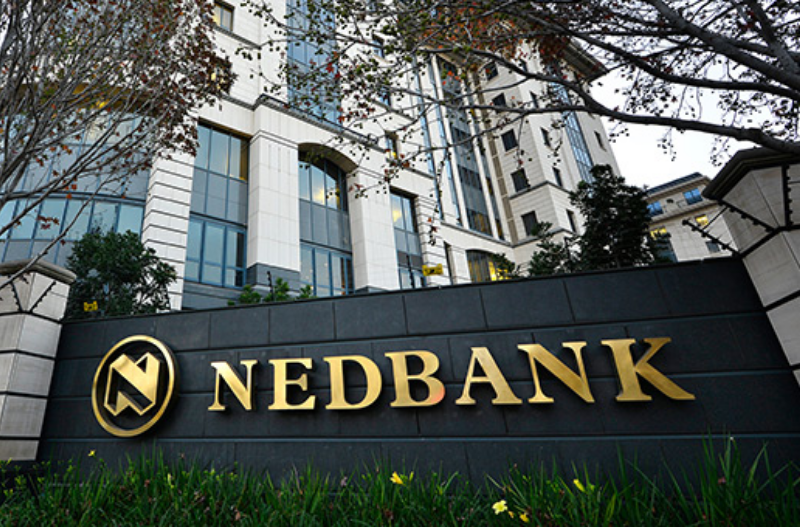Nedbank finalized an all-cash acquisition of Durban-based fintech iKhokha for approximately R1.65 billion (around $93 million) in August 2025, marking a decisive move to dominate the SME digital payment space. Founded in 2012, iKhokha is a leading South African fintech offering card machines and digital payment solutions targeted at small and medium enterprises. This deal secures Nedbank’s foothold in the fintech landscape through full ownership rather than partnership. This acquisition highlights a growing trend among African banks shifting from partnerships to outright control of fintech firms, signaling increased investor confidence and a maturing fintech market focused on SME digital innovation.The deal positions Nedbank strategically within the competitive SME fintech space where iKhokha processes over R20 billion in payments and distributes approximately R3 billion in SME capital. This scale demonstrates why Nedbank found value in acquiring iKhokha outright instead of relying on partnerships. With fintech market consolidation accelerating in H1 2025, Nedbank’s acquisition reflects an intentional strategy to embed fintech capabilities directly, leveraging iKhokha’s established digital payment solutions to deepen SME relationships. Founders should note Nedbank’s preference for acquisitions over partnerships signals a shift in how legacy banks aim to control fintech growth and customer data.
This move echoes broader African fintech ecosystem trends where consolidation through bank acquisitions replaces initial collaboration models. Market maturity and investor confidence are driving banks like Nedbank to invest significant capital in fintech ownership, recalibrating startup-founder dynamics. For founders, this means negotiating partnership or acquisition terms with clear future exit pathways is critical, as banks increasingly seek to integrate fintech ownership fully rather than maintain loose alliances. Investment multiples and deal sizes, exemplified by the $93 million price tag, set new benchmarks for valuation expectations in Africa’s SME fintech vertical.
Ultimately, African banks are shifting away from partnership-first models to direct acquisitions of fintech players to secure technology and customer relationships in key growth sectors like SME digital payments. Founders must anticipate this change by prioritizing strategic planning around partnership agreements, seeking clarity on control and exit rights early, and preparing for potential buyouts. Understanding these evolving dynamics will help African fintech startups better navigate funding decisions, valuation negotiations, and growth strategies in a consolidating market that increasingly values full fintech ownership over collaboration.

